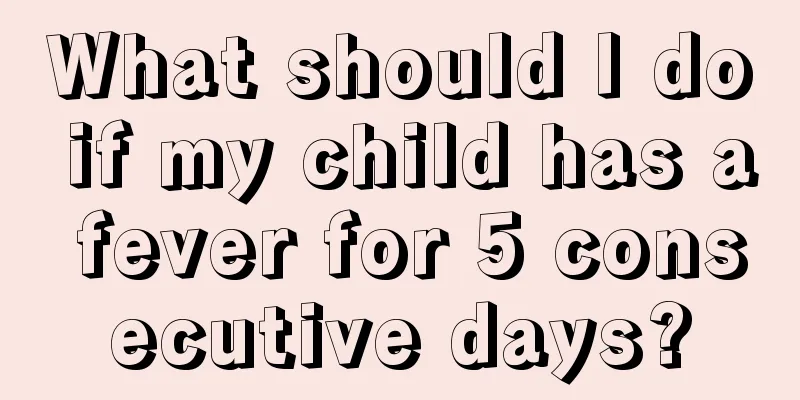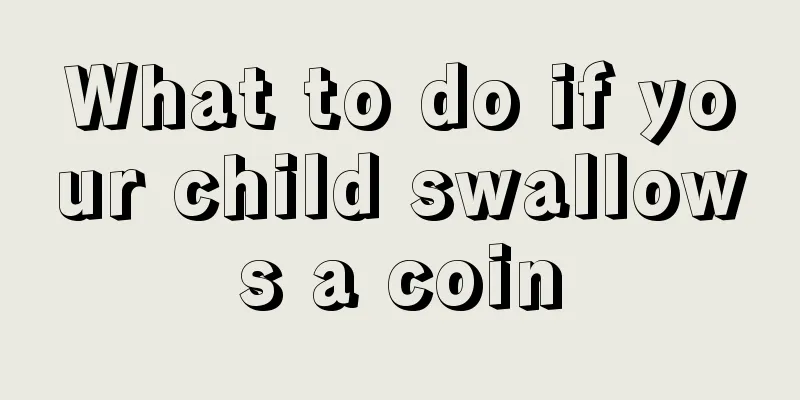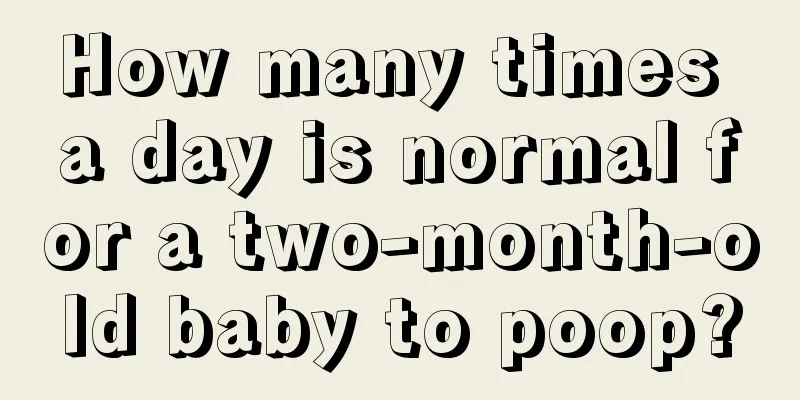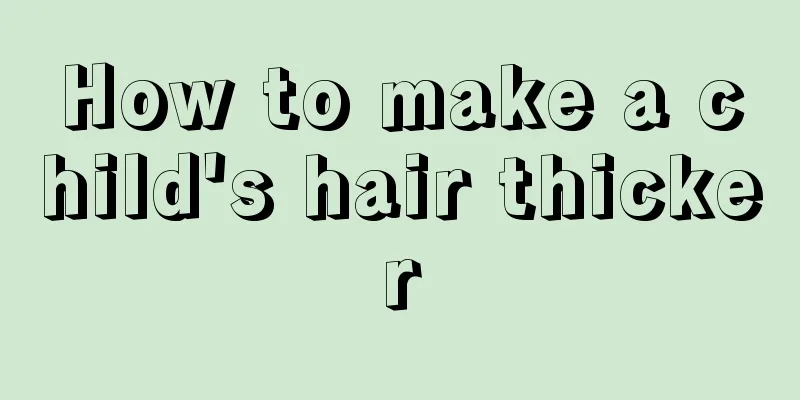What medicine should a 4-year-old baby take for toothache
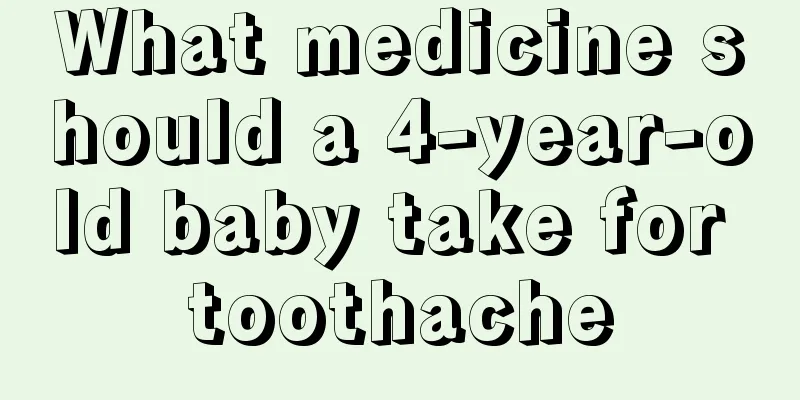
|
Toothache in babies is a common problem and also a disease that can affect the healthy growth and development of babies. Generally speaking, toothache requires medication. However, there are many causes of toothache. Therefore, when treating, we must first determine the cause of the baby's toothache, and then take appropriate medications for treatment. Next, I will introduce to you the drug treatment methods for baby toothache. 1. Tooth decay Commonly known as "tooth decay". Dental caries usually has no obvious symptoms until it affects the dental pulp. When the dental pulp is affected, toothache or swollen gums and pus discharge will occur. Dental caries is a progressive lesion of the hard tissue of the teeth caused by the combined effects of multiple factors in the oral cavity. It is characterized by demineralization of inorganic matter and decomposition of organic matter. As the disease progresses, it evolves from color change to the formation of substantial lesions. Dental caries should be prevented through health care. Countermeasures: Once your baby develops tooth decay, you should ask a doctor to check and treat it in time to prevent further damage to the teeth. 2. Pulp disease and periapical disease Dental caries is a common cause of pulp disease and periapical disease. Acute pulpitis is characterized by spontaneous pain and nocturnal pain. Apical periapical disease can cause pain when the baby chews food, loose teeth, or redness and swelling of soft tissues. Countermeasure: While treating tooth decay, give your baby anti-inflammatory drugs. 3. Periodontal disease At the beginning, it is usually marginal gingivitis, which manifests as gingival congestion and edema, redness of the gingival margin, and easy bleeding. It is followed by destruction of the periodontal membrane and alveolar bone, periodontal inflammation, and loose teeth. Countermeasures: Let your baby take anti-inflammatory drugs, and give anti-inflammatory injections if the condition is serious. 4. Tooth trauma Severe trauma to the teeth, especially blows or impacts, which cause damage to the tooth body, pulp and periodontal tissues. Countermeasures: Be sure to ask a doctor to check and take appropriate measures according to the severity of the injury. 5. Pain after filling There are many factors that lead to pain after tooth filling, such as mechanical cutting, vibration, pressure, temperature stimulation to the pulp, etc.; cold and heat are easily conducted and stimulate the pulp, etc. Countermeasures: After the baby has a tooth filling, he should follow the doctor's instructions and go for follow-up visits in time. At the same time, he should pay attention to the appropriateness of the hot and cold food in his diet and eat less spicy food. |
<<: What to do if your child has toothache?
>>: How to deal with toothache in children
Recommend
How to treat sinusitis in children?
We always give special care to the growth of chil...
What should I do if my child is overweight?
It is said that having a fat baby is very good, b...
Is it normal for a four year old to lose teeth?
Tooth loss is a process that every child must go ...
What are the causes of recurrent tonsillitis in children?
Children's illness is the most worrying thing...
How many times a day is normal for babies under one month old?
When seeing a baby who is less than a month old, ...
Is urticaria serious in children?
Babies are very susceptible to urticaria because ...
Baby has phlegm anti-inflammatory Chinese patent medicine
If a baby has symptoms such as a cold or cough, i...
What should children eat in spring to grow taller?
Development has always been a matter of concern t...
What is the best way to wean your baby?
As the baby gets older, you have to consider the ...
The baby accidentally ate tobacco
If there are children at home, you must ensure th...
What is the best food for children with cold and cough?
Different people have different physiques, especi...
What happens when children develop millet-sized bumps?
If your child develops small bumps the size of mi...
Symptoms of arthritis in children
Every child will always encounter some diseases o...
What to do if primary school students have weak memory
Primary school students are at the age when they ...
How to quickly relieve the pain of a child's stomachache
Not only are young children unable to take care o...

